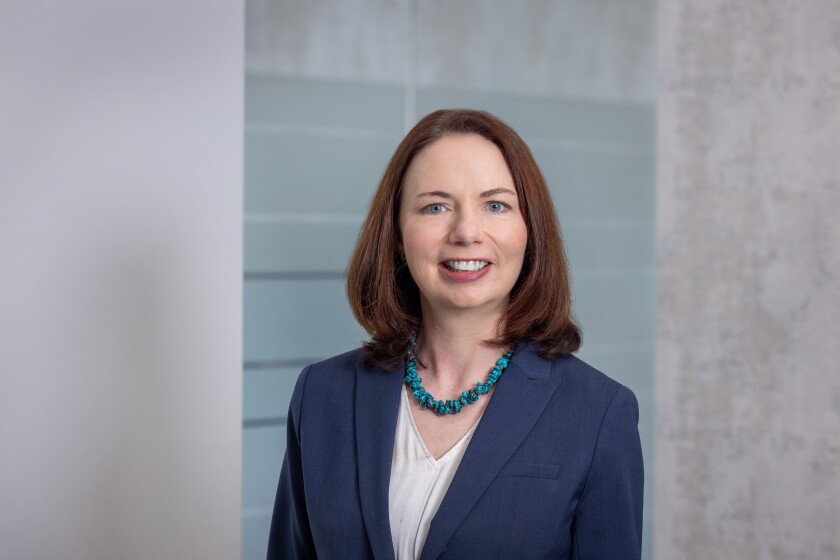The ups and downs in the economy during the novel coronavirus pandemic are causing audit committees at public companies to focus on the disclosures in their financial statements and SEC filings about the current and potential impacts of COVID-19, according to a new report from KPMG.
The report, Challenges Presented by COVID-19, found that companies are reassessing, enhancing or establishing new internal controls due to pandemic-related disruptions to their business operations. Meanwhile internal auditors are adjusting their audit plans and activities.
Jenny Small is a partner at Otteson Shapiro, advising banks and fintechs on regulatory compliance and bank transactions. She spent over a decade at the OCC, having served as legal counsel to examiners supervising community, midsize, credit card, technology service providers, trust and novel banks; a licensing analyst on large bank transactions; and a payment policy analyst.
Chloé Dolsenhe is principal managing director of regulatory strategy at Vantro Advisors, where she advises financial institutions, stablecoin issuers, and technology companies on supervisory strategy and resilient product development. She formerly served as an enforcement attorney at the Office of the Comptroller of the Currency.
BJ Gardner is the director of IT Development & Operations forPennsylvania Lumbermens Mutual Insurance Company (PLM).
Forecasting has become more challenging, including developing assumptions for the recoverability of goodwill and nonfinancial assets, as well as the realizability of deferred tax assets, making going-concern determinations and figuring other asset impairments more difficult, according to the report.
Nevertheless, audit committees are adapting to the new environment, as their companies allow more flexibility for remote work. Among the biggest areas of concern cited by the 114 U.S. audit committee members polled by the KPMG Audit Committee Institute are disclosures about the current and potential effects of COVID-19 (79 percent), preparation of forward-looking cash flow estimates (48 percent), and impairment of nonfinancial assets such as goodwill and other intangible assets (43 percent).

Audit committee members indicated that the remote work environment accelerated by COVID-19 has so far had little impact on the efficiency and effectiveness of their interactions with the management team and auditors.
Companies are reassessing their internal controls in response to COVID-19-related disruptions to their business operations. The most commonly cited disruptions included return-to-work plans (73 percent), IT system access and authentication for remote workers (69 percent) and cybersecurity (66 percent).
Audit committee members expect some environmental, social and governance issues to get much more attention from boards as a result of COVID-19 and recent protests against systemic racism. Survey respondents cited employee health, safety and well-being (85 percent), diversity within the company including the boardroom (53 percent) and corporate reputation (39 percent) as areas of greater focus for boards.
The pandemic has also caused many audit committees to reassess the scope of their workload agendas in addition to their risk oversight responsibilities. Most audit committee members who responded to the survey cited oversight responsibilities for a variety of COVID-related risks, including financial risks (83 percent), legal and regulatory compliance (70 percent), cybersecurity (62 percent) and data privacy (42 percent).



